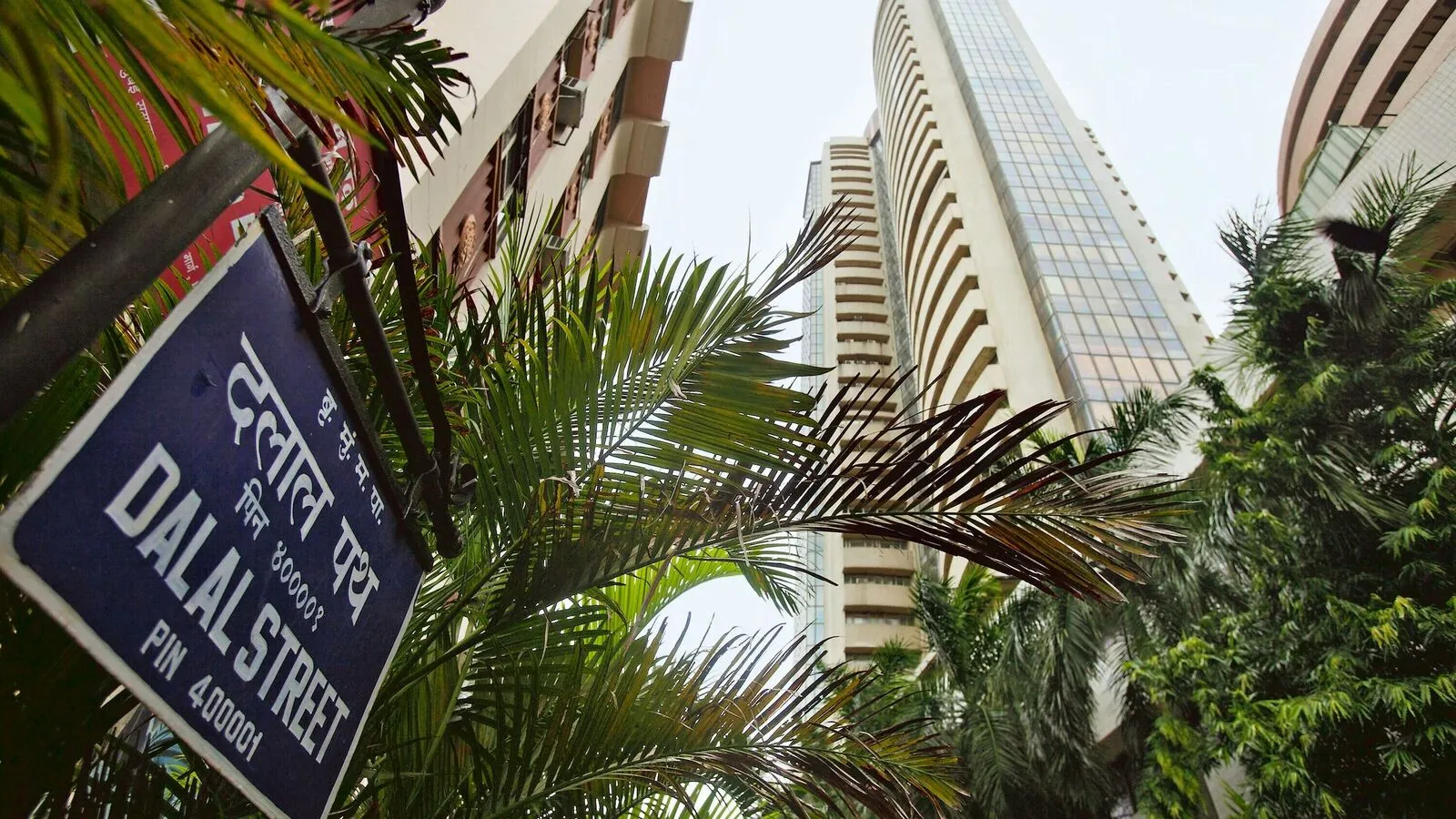India- Pakistan conflict: Possible impact on Indian stock market you MUST know

Indian stock market: Growing geopolitical tensions between India and Pakistan, triggered by a terrorist attack in Kashmir, have caused investor apprehension and led to some profit-taking. As a result of the escalating tensions, market sentiment may remain cautious, according to experts.
In the past five days, domestic equity benchmarks Sensex and Nifty 50 saw a one percent increase. For the week, Nifty 50 and BSE Sensex gained 0.80 percent, finishing at 24,039.35 and 79,212.53, respectively. Market volatility increased slightly, with the India VIX rising by 11 percent, partially reversing the 23 percent decline from the previous week.
“After a positive start supported by favourable global cues, Indian benchmark indices declined sharply. This was on account of profit booking which came in as cross-border tensions between India and Pakistan escalated, following the terrorist attacks in Pahalgam, Kashmir. Nifty ended with loss of 207 points at 24,039 (-0.9%),” said Siddhartha Khemka, Head – Research, Wealth Management, Motilal Oswal Financial Services Ltd.
Khemka further added that Nifty IT being the exception, ended with gains of 0.7% on the back a rally in the tech-heavy US Nasdaq index yesterday. Hotel and aviation stocks were under selling pressure as tourism is expected to be negatively impacted after the attack on tourists in Kashmir.
What does history suggest?
Vinod Nair of Geojit Investments Ltd, said that historically, India has shown strong resilience to geopolitical factors, thanks to the robust nature of its domestic economy.
“Foreign investors are likely to be on a wait and watch approach, in the near-term, to overview the geopolitical tension. Based on the historically performance of India, it has exercised strong resilience during geo-political factors given the buoyant nature of the domestic economy. For long-term investors it is fair to take this as an opportunity to accumulate quality stocks/sectors during further dips for the long-term gain,” Nair added.
However, market experts further suggest that Geo-political developments between India and Pakistan could add volatility to the Indian market over the next few days.
According to Anand Rathi report, except for the 2001 Parliament attack, Indian equity markets have never experienced a correction greater than 2% during times of heightened tension with Pakistan.
Even the correction during the 2001-02 Parliament attack was likely more influenced by global factors, especially the ~30% drop in the S&P 500 around that time.
On average, equity market corrections during conflicts were 7%, with the median correction being 3%, the report added.
“ Based on historical precedent and current global risk pricing, even in the event of a substantial escalation, we believe the Nifty 50 is unlikely to correct more than 5–10%. Investors currently following the 65:35:20 strategy should maintain allocation. Investors who have any equity gap in the portfolio should invest now thereby getting aligned to the strategic allocation of 65:35:20,” the report said.
Here’s how Indian stock market likely to perform amid India-Pakistan conflict?
During the weekend, investors will closely watch for any latest military development between India-Pakistan as Monday’s domestic market opening will hinge heavily on that.
The week began with a gap-up opening, propelling Nifty beyond the crucial 24000 level. As the week advanced, the index maintained a steady upward trend.
“On Friday, rising geopolitical tensions between India and Pakistan led to a sharp sell-off, erasing the week’s gains. Fortunately, the bulls made a strong comeback in the latter part of the session, helping Nifty close with a modest weekly gain of 0.79%, just above the 24000 mark,” said Rajesh Bhosale, Equity Technical Analyst, Angel One.
Bhosale further said that by surpassing the February-March swing highs, Nifty has confirmed a strong bullish breakout on the charts. The breakout zone around 23900–23800 provided crucial support on Friday and continues to act as a key pivotal level. If geopolitical tensions escalate or this support is breached, a deeper correction towards the 23500–23300 zone could unfold.
“On the upside, while the broader trend remains bullish, immediate resistance is seen at 24250–24350. A move above this zone would confirm a continuation of the primary uptrend. Traders should stay cautious and monitor these key levels, as the next leg of the move may not be as smooth as the recent rally.
Additionally, the Nifty Midcap Index corrected after facing resistance at its 200 DSMA. Until this level is decisively surpassed, a selective approach toward midcap stocks is advisable,” he said.
Disclaimer: This story is for educational purposes only. The views and recommendations above are those of individual analysts or broking companies, not Mint. We advise investors to check with certified experts before making any investment decisions.









